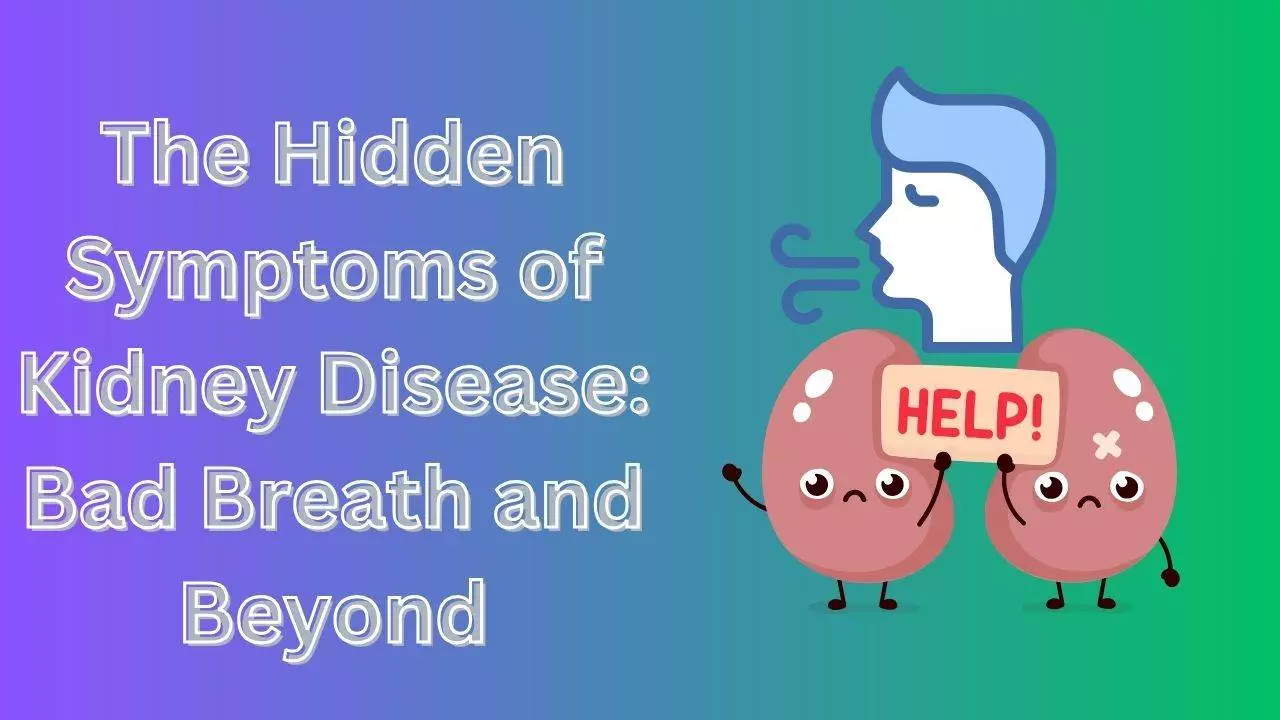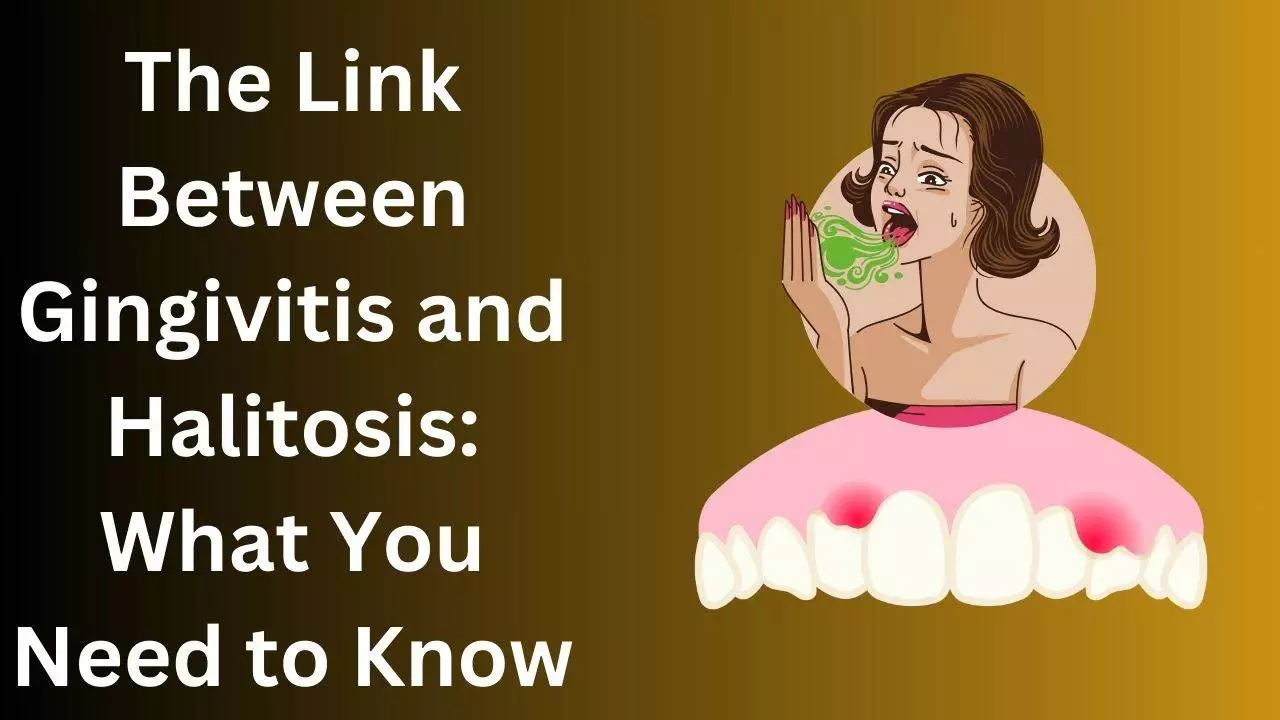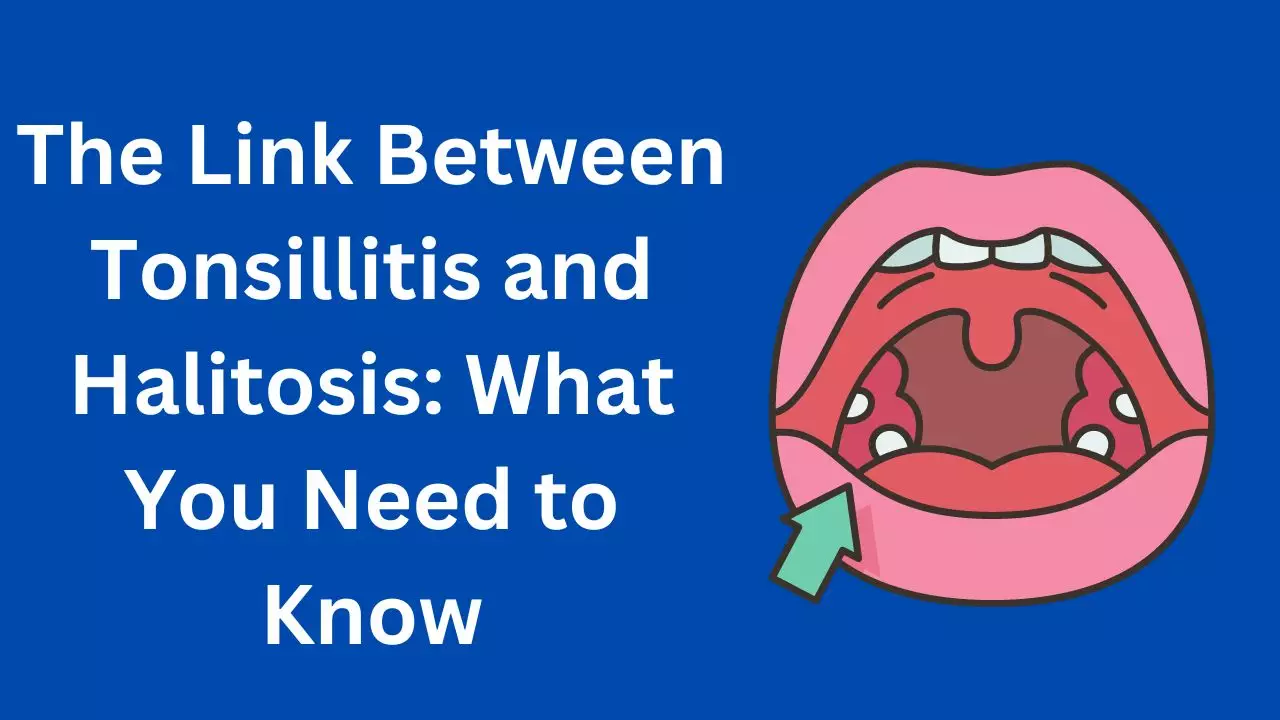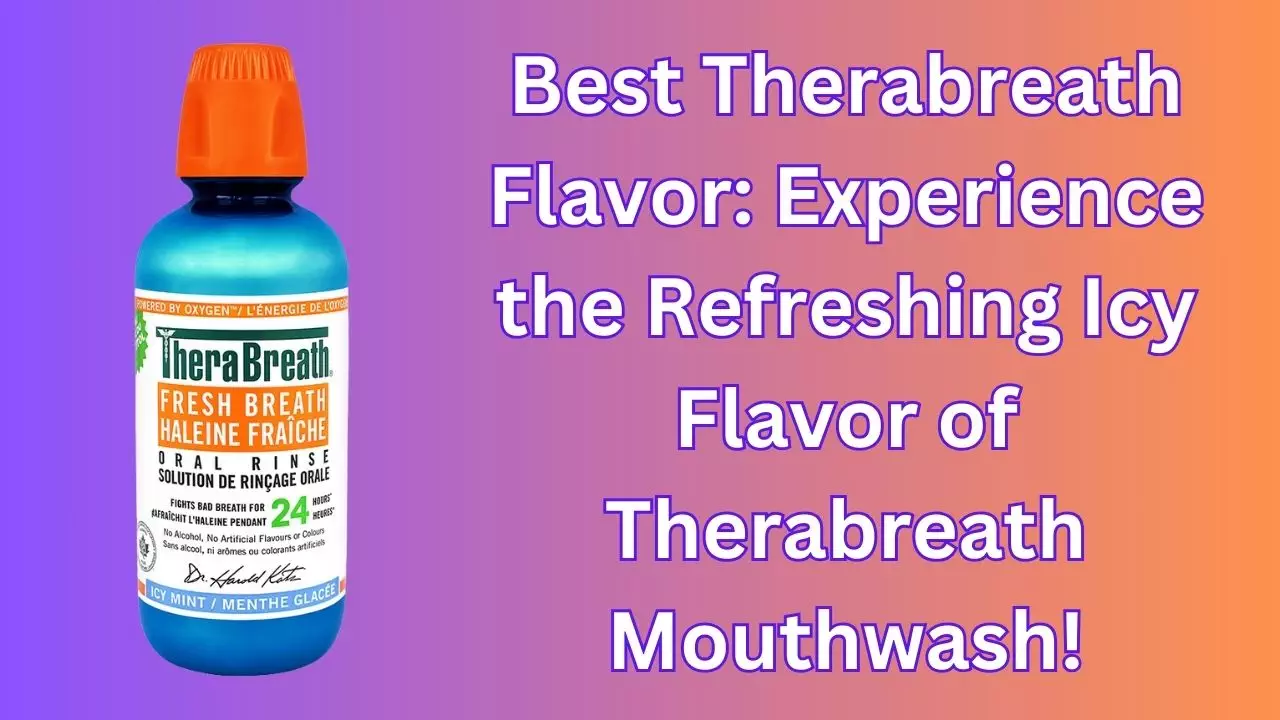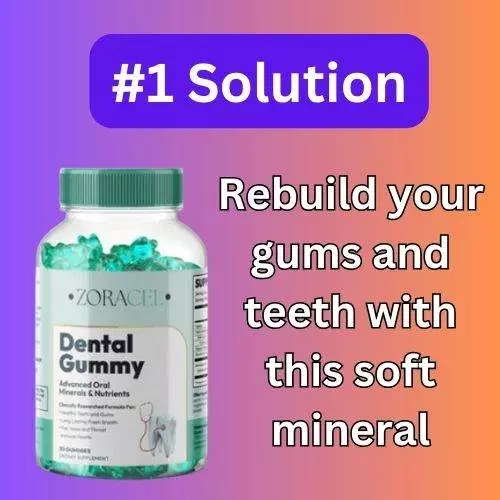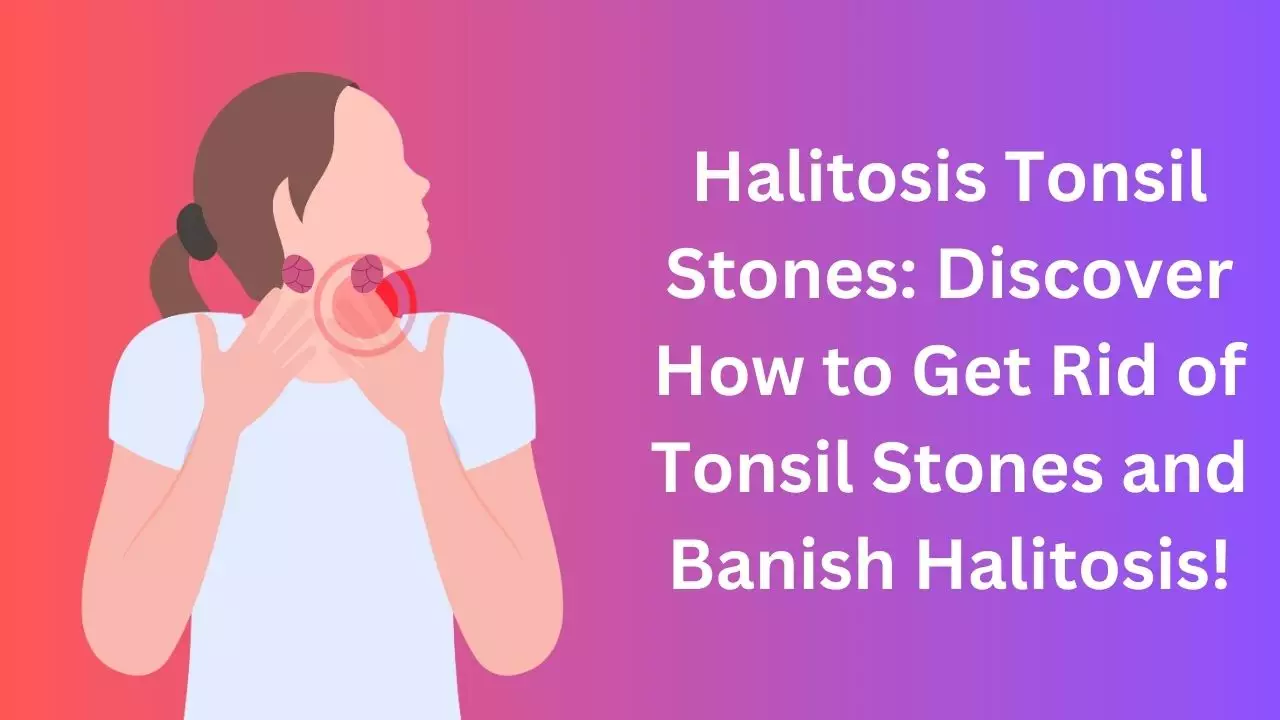
Understanding Tonsil Stones and Bad Breath
Welcome to my expert guide on tonsil stones, the hidden culprit behind persistent bad breath. Tonsil stones, or tonsilloliths, are tiny calcified deposits that form in your tonsils due to a buildup of food particles, bacteria, mucus, and dead cells. These little devils don’t just cause bad breath; they create an embarrassing stench that affects your confidence. Imagine tiny stone-like structures deep in your throat creating a breeding ground for foul-smelling bacteria. They love low-oxygen environments – exactly what you’ll find where these sneaky stones hide. If you’ve been battling chronic bad breath despite good oral hygiene practices like brushing twice daily and regular flossing, it’s time to investigate if tonsil stones are the underlying issue.�
Symptoms and Signs of Tonsil Stones:�
– Persistent bad breath: No matter how much you brush your teeth, the stench lingers.
– Sore throat: The presence of these stones can make your throat feel uncomfortable or sore.
– Difficulty swallowing: Big tonsil stones can make it hard to eat or drink without discomfort.
– Ear pain: Sometimes, these stones even cause ear pain due to shared nerve pathways.
The Importance of Addressing Tonsil Stones: Not only do they give you embarrassing halitosis but if left untreated, they can lead to other complications too. Think recurrent infections like strep throat or chronic inflammation in surrounding tissues. By understanding what causes these unpleasant symptoms and their impact on oral health, you’ll be better prepared to prevent them from forming and seek proper treatment when necessary.�
Top 10 Home Remedies for Tonsil Stones�
1. Saltwater gargles: Gargling warm saltwater is a simple yet effective treatment. It reduces inflammation and kills bacteria that contribute to tonsil stone formation. Just mix half a teaspoon of salt in warm water, gargle for 30 seconds twice daily.
2. Apple cider vinegar: Break down calcified material with apple cider vinegar’s antibacterial properties. Dilute one tablespoon with warm water and use it as a mouthwash twice daily.
3. Garlic: Combat bacteria responsible for bad breath by chewing on raw garlic cloves or incorporating them into your meals regularly.
4. Lemon juice: Dissolve tonsil stones naturally with the acidic nature of lemon juice.Squeeze fresh lemon juice into warm water and drink it first thing in the morning on an empty stomach.
5. Oil pulling: Swish coconut oil or sesame oil around your mouth for 15-20 minutes to remove toxins associated with tonsil stones.
6. Tongue scraping:Tongue scraping is essential for maintaining good oral hygiene; gently scrape your tongue surface starting from back to front daily.
7. Stay hydrated: Drinking plenty of water throughout the day keeps your mouth moist and prevents bacterial accumulation in your throat.Aim for at least eight glasses per day to maintain optimal hydration.
8. Avoid dairy products:Dairy products like milk and cheese increase mucus production, leading to higher risk of tonisl stone formation.Limiting or avoiding these foods may prevent their formation.
9. Practice good oral hygiene: Brush your teeth twice a day, floss regularly, and use antibacterial mouthwash to prevent bacterial growth that contributes to tonsil stones.
10. Nasal irrigation: Reduce the likelihood of tonsil stones by using saline nasal rinse or a neti pot to flush excess mucus from your nasal passages, especially if you have post-nasal drip caused by sinus issues or allergies.
Remember, these home remedies may not work for everyone and may not provide immediate relief. If you continue to experience symptoms despite trying these methods or if your condition worsens, it’s important to seek professional medical advice for further evaluation and treatment options. In conclusion, there are several effective ways to naturally get rid
When to Seek Professional Help
While home remedies can be effective in managing tonsil stones, there are times when seeking professional medical intervention is necessary. Here are some signs that indicate the need for professional help:
1. Persistent Symptoms: If you have been experiencing persistent symptoms such as bad breath, sore throat, or difficulty swallowing despite trying home remedies, it is advisable to consult a healthcare professional.
2. Recurrent Tonsil Stones: If you frequently develop tonsil stones and they keep coming back even after removal, it may be time to seek medical advice. Recurrent tonsil stones can be a sign of an underlying issue that needs further evaluation.
3. Severe Pain or Discomfort: If you are experiencing intense pain or discomfort in the throat area that affects your daily activities or if the pain persists for an extended period of time, it is important to consult a healthcare professional.
4. Enlarged Tonsils: Tonsil stones can sometimes lead to enlarged tonsils due to chronic inflammation and infection. If you notice that your tonsils appear larger than usual or if they become red and swollen, it is recommended to seek medical attention.
5. Difficulty Breathing: Although rare, large tonsil stones can obstruct the airway and make breathing difficult. If you experience any difficulty breathing or feel like something is blocking your throat, seek immediate medical assistance.
Overview of Medical Treatments Available for Tonsilloliths
When home remedies fail to provide relief from tonislliths or when the condition becomes more severe, there are several medical treatments available:
1. Manual Removal by a Healthcare Professional: A doctor or dentist can manually remove stubborn tonislliths using specialized tools during an office visit.
2. Laser Cryptolysis: This procedure involves using laser technology to reshape the pockets in which the tonisls reside (crypts), reducing their depth and preventing the accumulation of debris that leads to tonislliths.
3. Coblation Cryptolysis: Similar to laser cryptolysis, coblation cryptolysis uses radiofrequency energy instead of a laser remove reduce size tonisl crypts
4. Tonsilectomy: In severe cases where other treatments have failed recurrent tinslillths significantly impact quality life surgical procedure called last resort option
Maintaining Fresh Breath Post-Treatment
After successfully getting rid of bad breath through home remedies or intervention, follow these tips to maintain fresh breath and prevent recurrence:
1. Regular Follow-ups with Your Dentist: Schedule regular dental check-ups to ensure that your oral health is in good condition. Your dentist can monitor any signs of formation and guide you in maintaining fresh breath.
2. Proper Oral Hygiene: Brush your teeth at least twice a day with fluoride toothpaste and floss daily to remove food particles and bacteria that contribute to halitosis.
3. Tongue Cleaning: Use a tongue scraper or brush gently clean the surface of your tongue where bacteria can accumulate and contribute to bad breath.
4. Mouthwash Rinse: Use an antimicrobial mouthwash after brushing and flossing to kill bacteria that may cause bad breath. 5. Stay Hydrated: Drink plenty of water throughout the day as it helps keep your mouth moist, preventing bacterial growth that leads to bad breath.
6. Avoid Smoking And Alcohol Consumption: Both smoking and alcohol consumption contribute dry mouth which increases the risk of developing bad breath.
7. Healthy Diet Choices: Opt for a balanced diet rich in fruits, vegetables, lean proteins, and whole grains while minimizing sugary foods and drinks. This promotes a healthy bacterial balance in the mouth.�
By following these recommendations, you can maintain fresh breath post-treatment while reducing the likelihood of experiencing a recurrence.


